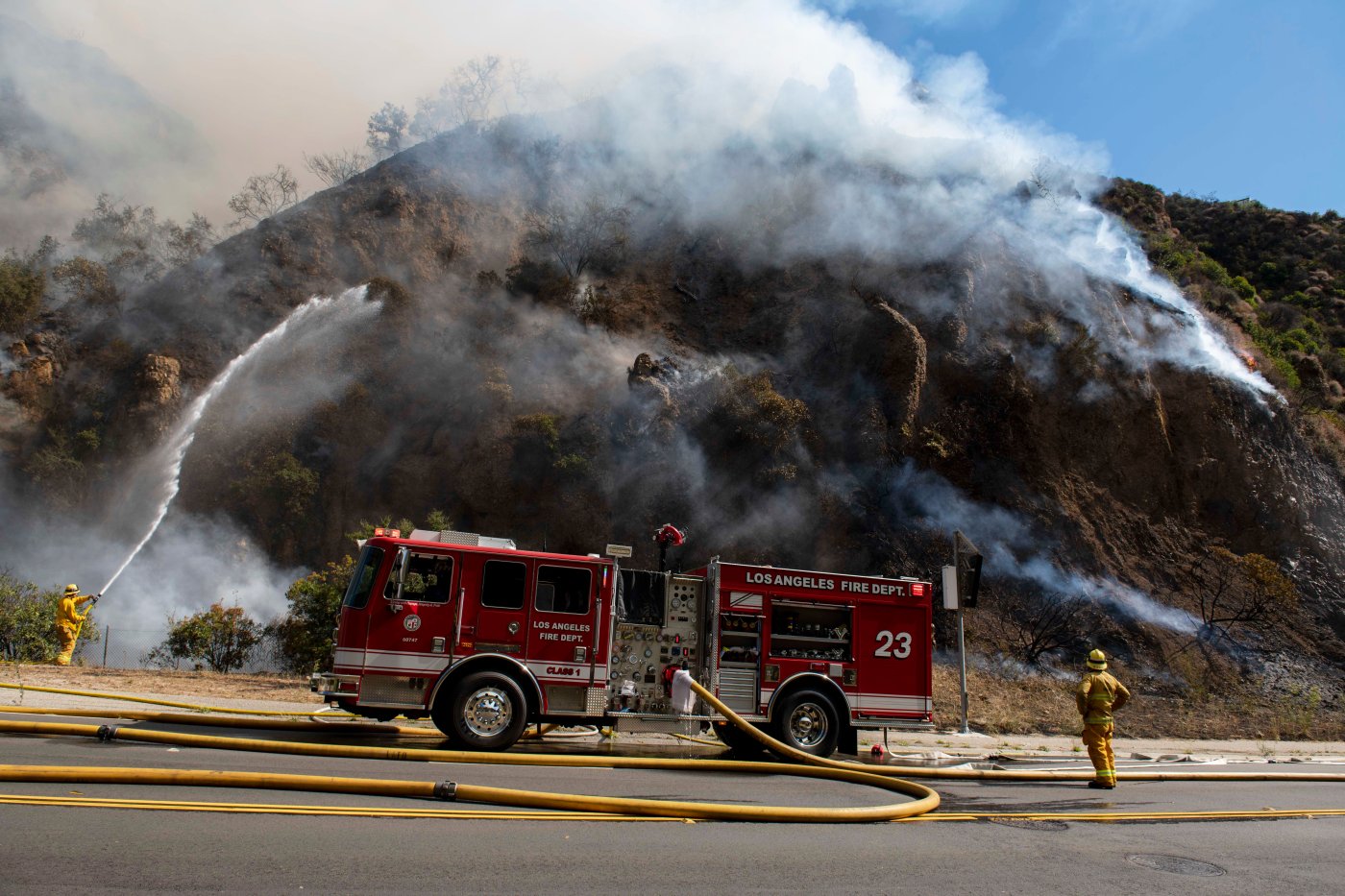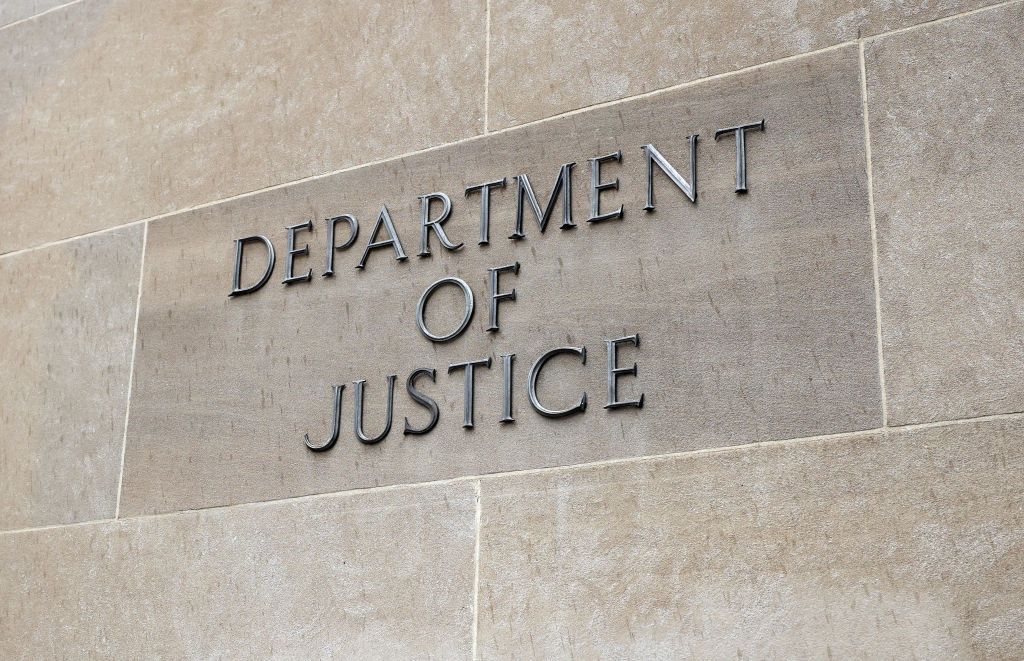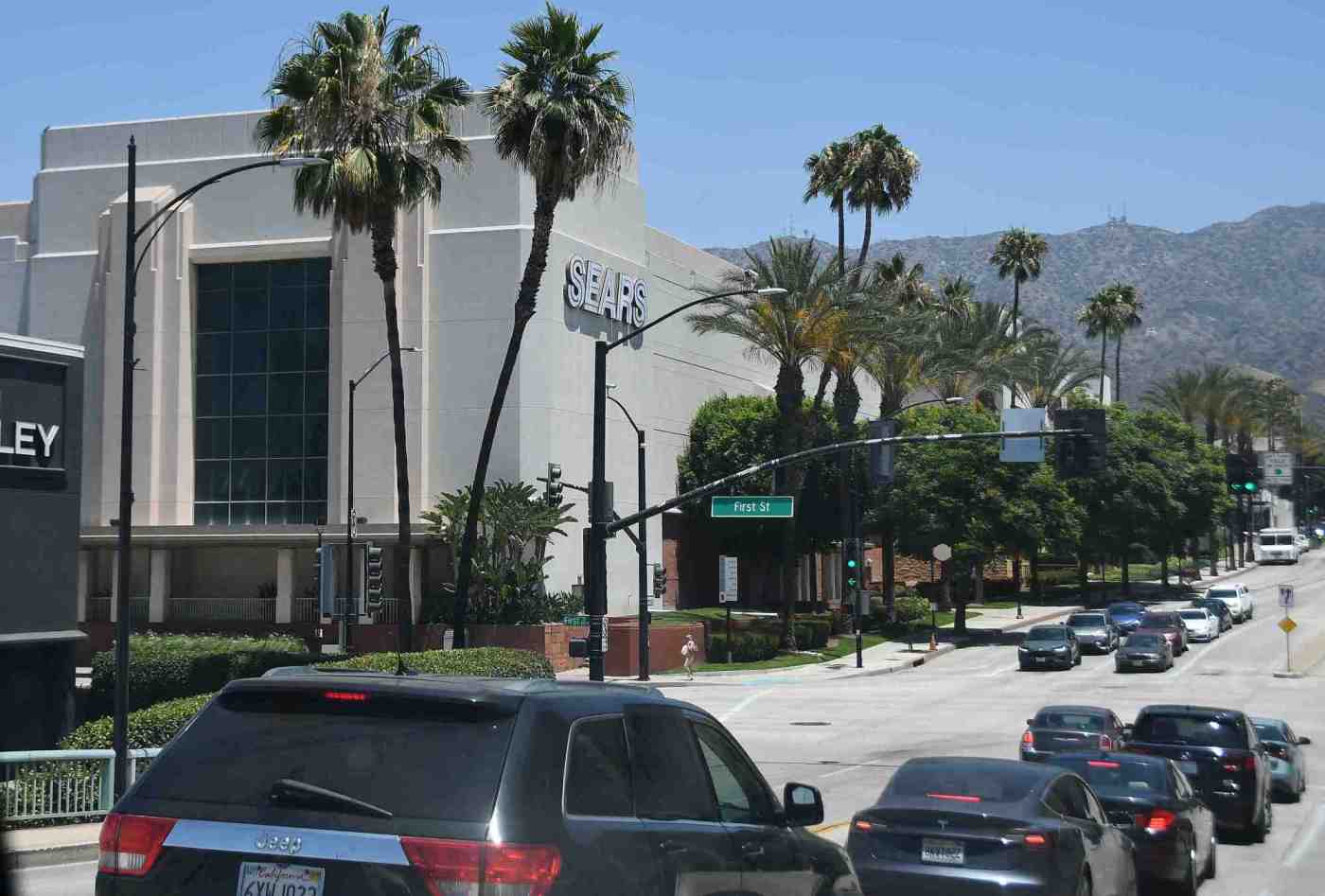A whopping 87% of Californians are concerned that climate change could increase their home insurance rates, according to a new study released Wednesday by the Public Policy Institute of California. Some 60% said they were very concerned, a remarkable increase from the 47% who said the same last year.
The statistic was among the most striking findings from the study, which surveyed 1,736 Californians between July 1 and 7 on a range of topics related to environmental protection. The report also found that 80% of Californians overall see climate change as a major threat to the state’s future.
“Many people say they’re concerned about wildfires, and many people say they’re concerned about the risks of climate change,” Mark Baldassare, the PPIC statewide survey director who led the team that conducted and synthesized the study’s results, said in an interview with this news organization. “And among those risks that people mentioned, they’re very concerned that they might not be able to afford home insurance.”
As deadly wildfires have ravaged the state over the past decade, insurance companies have dropped hundreds of thousands of homeowners. Many of those able to find policies have seen premiums spike by thousands of dollars. Others have been forced onto the California FAIR Plan, an insurer of last resort. Some insurers, including State Farm, have stopped writing new home insurance policies anywhere in the state.
The study comes on the heels of a flurry of policies aimed to control climate change, enacted or promised by Gov. Gavin Newsom. The policies were kickstarted by a 2019 plan that charted a course for net-zero emissions by 2045, and have since included an executive order banning all new gasoline-powered vehicles by 2035 — something the Trump administration is trying to block.
It also comes as the administration cuts funds for climate-related programs, even as devastating extreme weather events like the recent Texas floods and January Los Angeles fires have swept across the country.
Related Articles
Tracking Medicaid patients’ work status may prove difficult for states
Uber accuses California lawyers, surgeon of faking client injuries to inflate medical claims
These 3 things may affect your health care coverage
Elias: Bay Area’s Garamendi saying insurance czar ‘should go’ unheard of
New deal announced to maintain Blue Shield patients’ access to UC health
In the wake of the deadly LA fires, 46% of California residents surveyed said they found wildfires a “very serious” threat to their personal and economic well-being, up from 39% last year.
In the Bay Area, which includes many communities at high wildfire risk, 22% of surveyed residents said they found wildfires a serious threat and 63% said they were at least a “somewhat serious” concern.
Californians also overwhelmingly find a link between extreme weather events and climate change, according to the survey. Some 78% are concerned that climate change will cause heat waves, 84% are concerned it will cause droughts, and 86% are concerned it will cause wildfires.
And as extreme weather events – and fires in particular – continue to pummel the state, 88% of those surveyed say they are worried that California residents will no longer be able to obtain home insurance.
But few Californians fully trust the government to respond effectively were an extreme weather event to strike. The survey found that just 19% of Californians – including 26% of Democrats and 13% of Republicans – have a “great deal” of confidence the government would be ready to respond.
“For two-thirds of people to say that they feel that state and local governments are not doing enough when it comes to prevention and recovery says a lot in the context of what people have seen and heard and read over the course of the year,” Baldassare said.
While majorities of both parties in California – 95% of Democrats and 52% of Republicans – view climate change as a serious threat to the state, there remain stark partisan differences on almost every iota of climate change policy itself.
Some 77% of Democrats support stricter environmental regulations, for instance, while 81% of Republicans oppose stricter regulations on the grounds that it might cost too many jobs and hurt the economy.
“The biggest dividing line is around what to do about climate change,” Baldassare said. “Should we have policies that are implemented by the state government or the federal government? Do we try to reduce greenhouse gas emissions and move towards renewable energy, or not?”
Overall, 60% of Californians polled believed that in particular, state and local governments had to do more to address climate change.
And 63% of Californians support the goal of achieving net zero greenhouse gas emissions by 2045, while 59% support the “Cap and Invest” program incentivizing companies to minimize their emissions in exchange for government investment.
Many Democrats and Republicans agree that wind and wave energy projects should be allowed off the California coast. Two-thirds of respondents were in favor, including 88% of Democrats and 61% of Republicans.
Some metrics, however, have shown a decline in support for climate action at the individual level. Just 40% of adults surveyed said they’d be willing to pay more for electricity generated from renewable sources, down from 56% in July 2016.
In addition, 47% of adults said they were seriously considering or had already gotten an electric vehicle, down from 58% in July 2023. And 63% oppose Newsom’s executive order to ban all new gasoline-powered vehicles by 2035, up from 49% in July 2021.
“We have consistently found for years that people in California are generally in favor of the direction the state is going in terms of trying to reduce greenhouse gas emissions and move to renewable energy,” Baldassare said. “But we also find that Californians are very concerned about the cost of energy.”
Baldassare said that one particular figure from the survey could shed some light on this phenomenon: 87% of respondents said they were concerned about rising electricity bills and utilities in the wake of the recent wildfires.
“Herein lies the challenge for state government: how do you achieve the [climate goals] the public want to achieve at a time when Californians are also saying that the cost of their utilities is a problem?” Baldassare asked.
Baldassare said he expected significantly more “tension” between the state and federal government next year when it comes to addressing climate issues, especially because it will be a midterm election year.
“Our state leaders need to think about the financial consequences of what people are experiencing from climate risks: everything from home insurance to utility bills,” he said. “And people are concerned about our government’s level of readiness, their ability to respond to disasters and to meet the demands and needs of recovery.”





